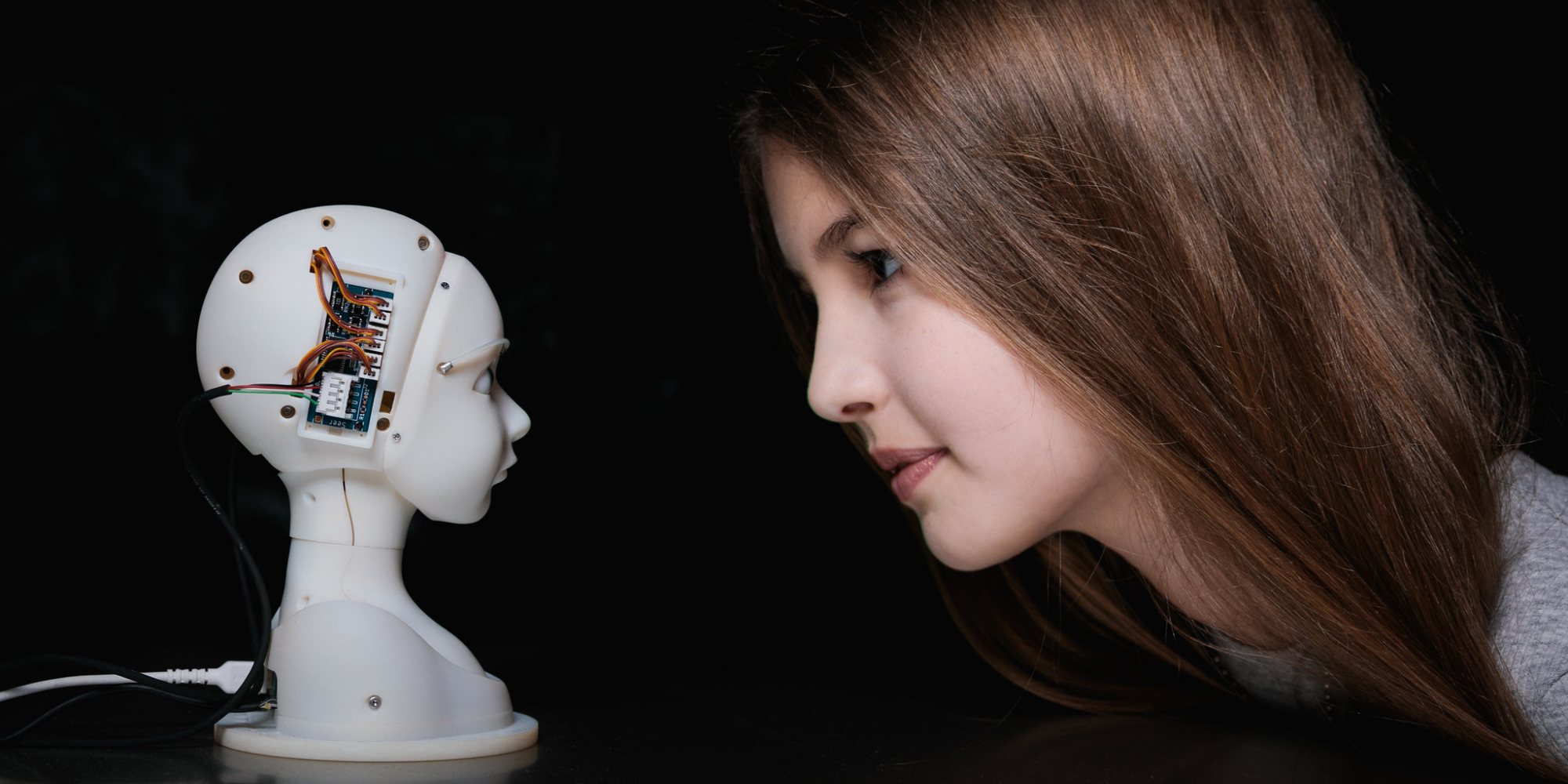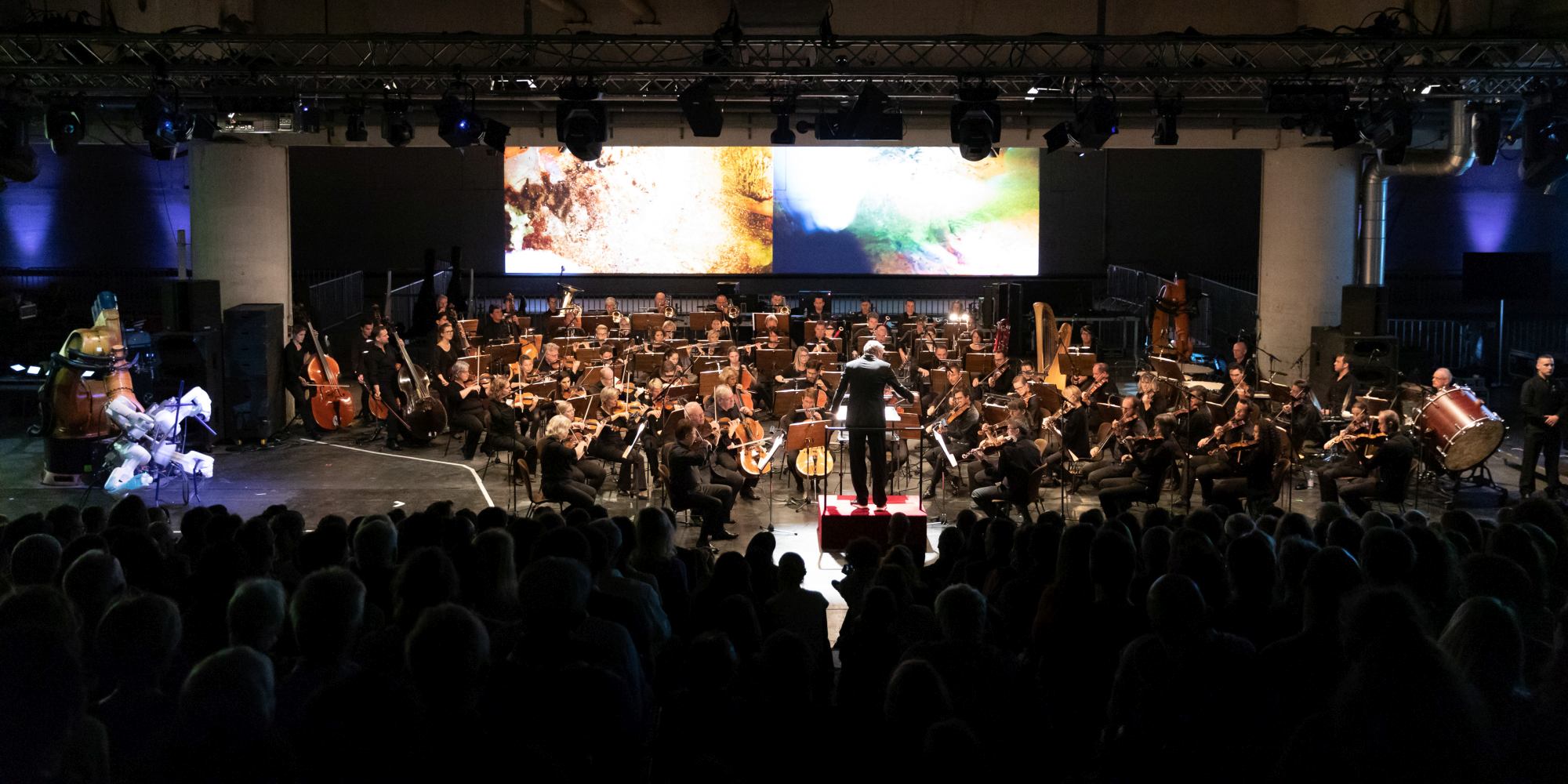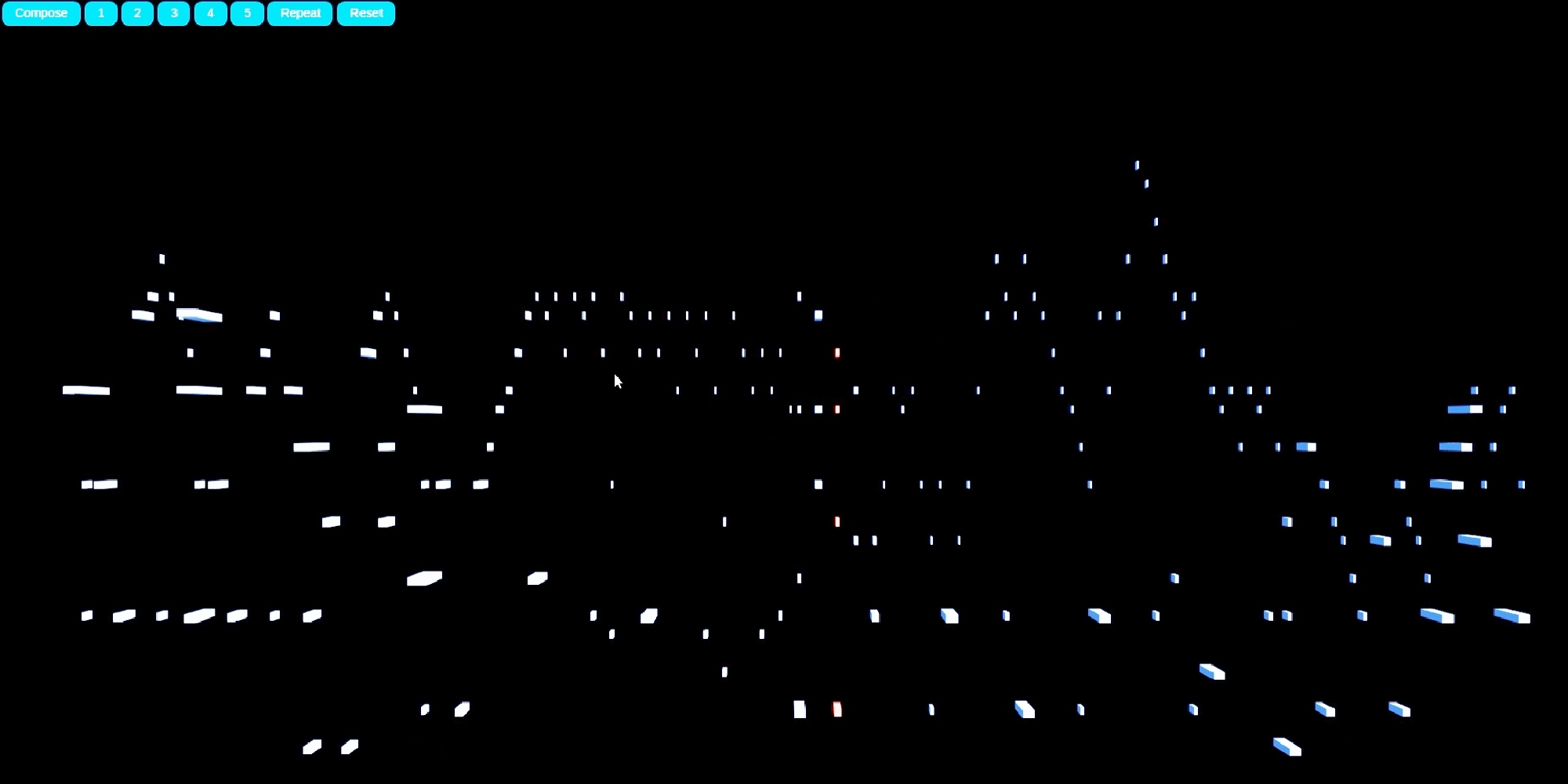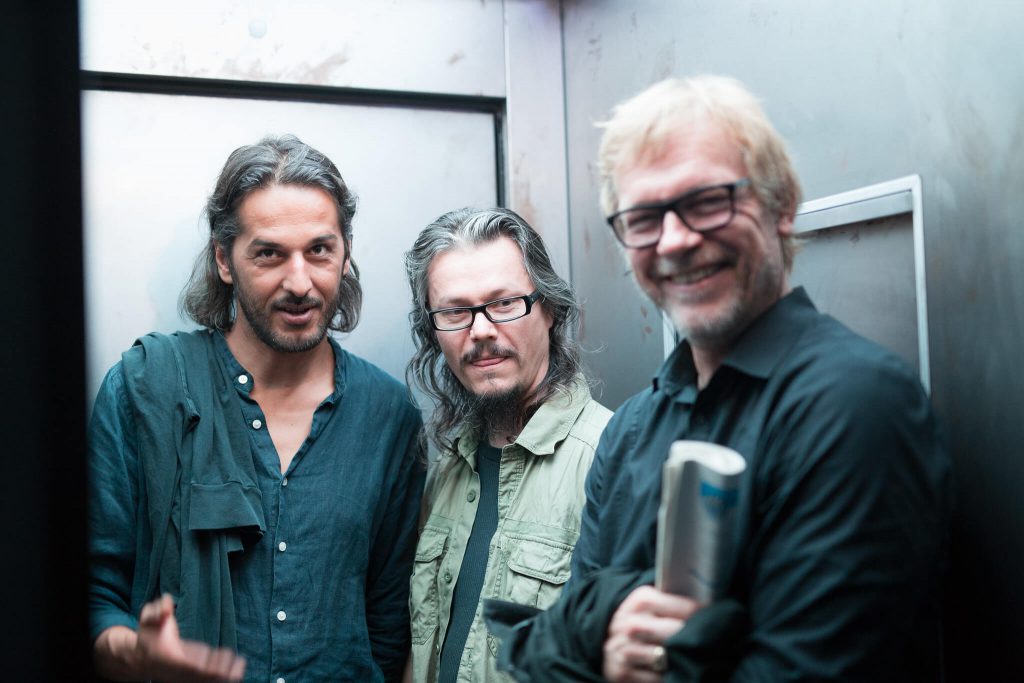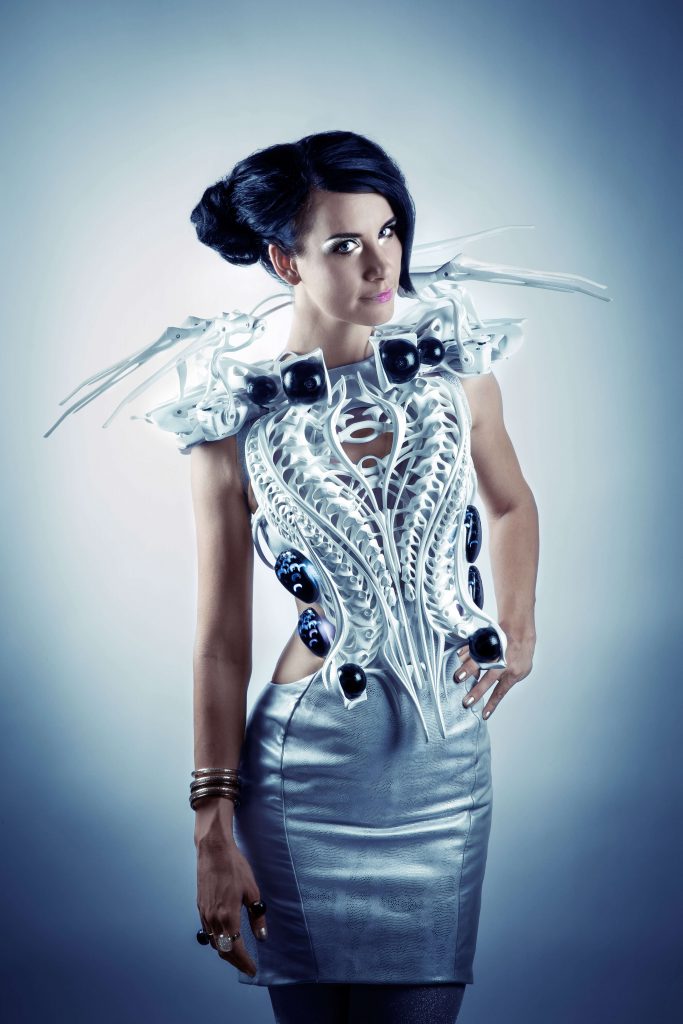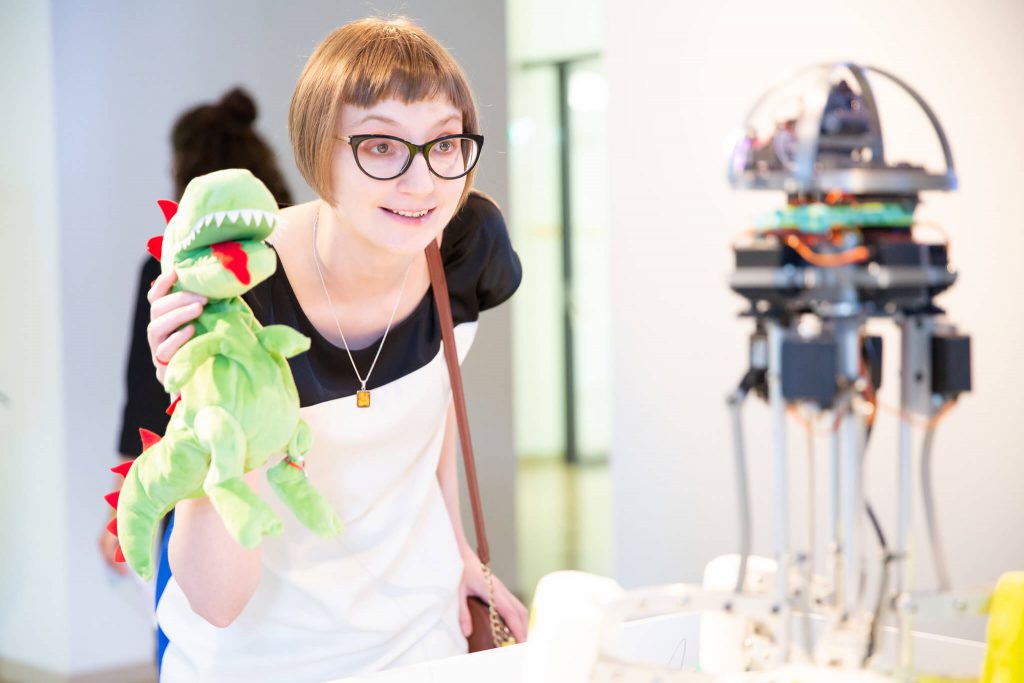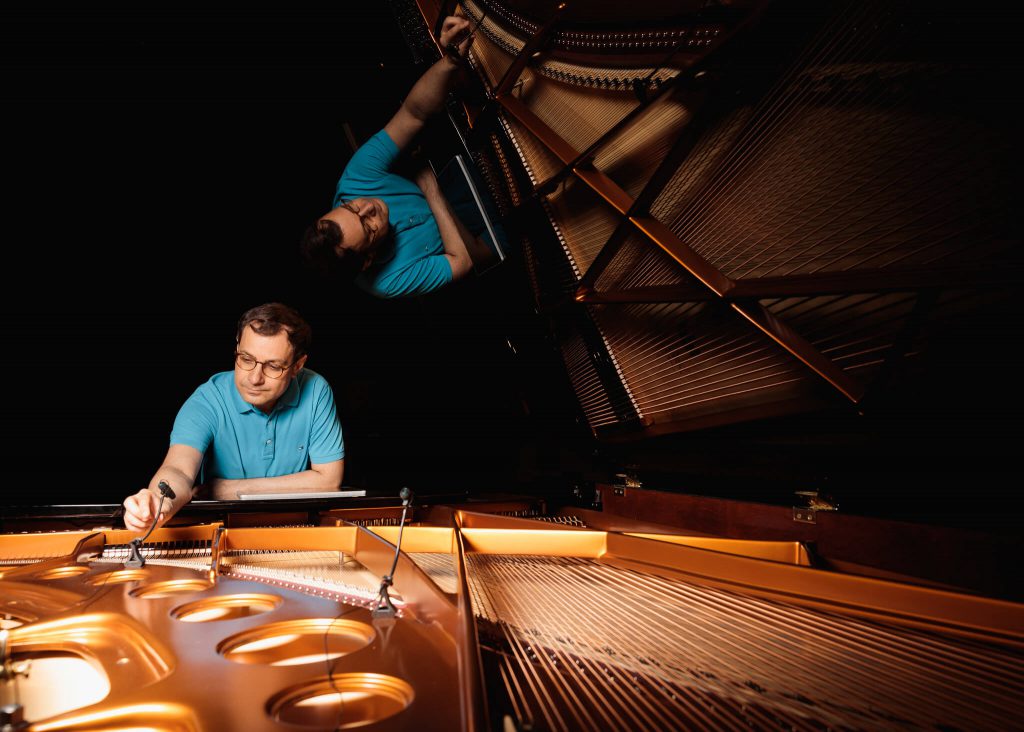Understanding AI
An exhibition presenting the most important technical aspects of artificial intelligence as well as concrete examples of how they are used. Visitors can discover how machines and their sensors “perceive” the world in comparison to humans, what machine learning is, or how automatic facial recognition works, and also learn about various social and ethical issues.
read more